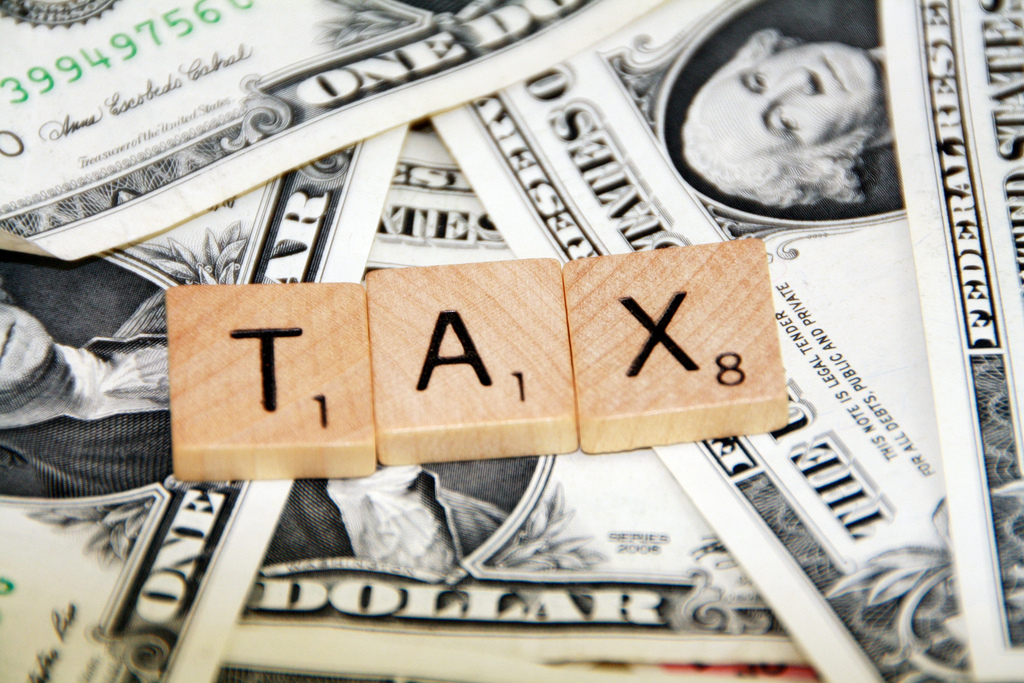It is pretty frightening when you look at an amount you cannot pay in tax, but you are not alone. In 2022 alone, more than 18 million individual taxpayers owed a total of over $360 billion in unpaid taxes. Now, it sounds perfectly hopeless, right? Luck is not on the side of the taxman, however. You can take proactive steps in dealing with your tax bills and it will help you manage your tax bills.
This guide will take you through some practical steps so you know how to deal with your tax debt, avoid costly mistakes, and find the best options for relief. Read on to learn about your options, how you can minimize penalties, and why you need to avoid shady “tax relief” services. By taking the right actions, you can effectively manage your tax bills and avoid falling victim to scams or escalating debt.
File Your Tax Return on Time
Even if you cannot pay your taxes, it is crucial to submit your tax return on or before the due date (April 15, 2024). Failure to file as mandated will also incur added penalties that accrue along with your tax debt. If you are unable to pay your taxes, you may request an extension, but remember that an extension does not give extra time to pay.
If you are running short of time, you can file for an extension until October 15, 2024. However, you will still have to pay an estimation by the original deadline if you don’t want to be charged a penalty.
Pay What You Can
Even if you can only afford to pay what you can afford, by the deadline you will have begun reducing penalties and interest on your balance. The IRS will likely appreciate your effort, and this effort may also pay off in regard to negotiating a payment plan.
Make a Payment Plan
Once you have filed your returns and paid whatever partial payments you’re allowed to do so in, then it’s time to build a plan to pay off your tax debt. Take some time to review your budget to determine how much you can pay in any given month. This helps you set achievable payments which will help you avoid accumulation of excessive penalties.
Determine Your Payment Options
If you cannot pay the full bill immediately, there are several ways of dealing with your tax bill. The IRS allows flexible payment options for both short-term and long-term payment plans. Here are some of the best options available:
Short-Term Payment Extension
Then, if you can pay your tax debt within 180 days, you may apply for a short-term payment extension. It is offered to taxpayers who have a debt burden of less than $100,000. There is no setup fee but penalties and interest will run.
IRS Installment Agreement
You get an IRS installment agreement if you need a longer payment period: You can pay in monthly installments over up to 72 months. Open to taxpayers owing less than $50,000 and who filed all returns due
How It Works: So, for example, if you owe the government $30,000, your payments would work out to be approximately $416 a month for six years.
Important Note: During the installment period, penalties and interest continue to accrue, but normally, entering into an installment agreement can prevent you from facing more aggressive collection action, like levies or liens.
Currently Not Collectible Status
If you have just gotten yourself into such an onerous strait financially, you can apply for “Currently Not Collectible” status, which temporarily puts a stop to collections. This allows you to stand up again. The drawback is that interest and penalties will still be accrued. This is a reprieve but doesn’t erase the tax liability.
Offer in Compromise
If you’re unable to pay the full amount due, you might qualify for an Offer in Compromise (OIC). It allows you to settle your tax debt for less than the full amount you owe. However, the IRS accepts only about 44 percent of OIC applications. The IRS typically accepts an OIC if:
1. There’s a reasonable dispute about the amount of taxes owed.
2. There’s another collection alternative due to your financial circumstances.
3. Paying the full sum would cause much economic inconvenience.
If accepted, you must pay the amount agreed to either in a single lump sum or through installments within six to 24 months.
Take a Personal Loan or Credit Card
If you can’t use the offers of the IRS, you may want to explore taking a personal loan or paying your tax bill by credit card. Note: the interest rates on a personal loan and credit cards are usually higher than what the IRS charges.
Know about the Penalty for Not Paying
Tax Penalties:
The uncollectible taxes get punitive very fast. Here is the basic structure you can expect:
Late Payment Penalty: 0.5% of unpaid tax amount per month up to a maximum of 25%. If you are in an installment plan with the IRS, the rate becomes 0.25%.
Late Filing Penalty: Pretty steeper at 5% per month for unpaid tax up to a maximum of 25%. This penalty is much more draconian than the late payment one.
Impacts: If you do not pay attention to the situation, the IRS may take more drastic measures, up to placing a lien against your property or issuing a levy to seize assets.
Be Cautious of Tax Relief Companies
Avoid companies that say they’ll settle your debt for pennies on the dollar. Many of the so-called “tax relief” services charge big fees and deliver little in return. The Federal Trade Commission cautions that many of these tax relief companies exaggerate benefits and fail to deliver.
Before hiring any tax relief service, ask these critical questions:
What are the costs? Be wary of high upfront fees.
Do they promise you’ll make it to settlement? An accepted debt reduction by the IRS occurs only when there is a form signed and authorized. Watch out for companies that are always making false promises.
Not hire such companies. You may even receive assistance in free organizations like LITCs or the Taxpayer Advocate Service, especially when financially on your back, as well.
Conclusion
Don’t panic if you are unable to pay your tax bill. The IRS can offer relief options to help you manage your tax bills, including an installment agreement, temporary relief, or even an Offer in Compromise. Just file on time, even if you cannot pay in full, to avoid late penalties. Help is just a call away—whether it’s with the IRS or a trusted certified tax professional, you can find ways to manage your tax bills effectively.
Get more money tips and free resources at Dr. Moolah, your guide on money management and navigating financial headwinds.

